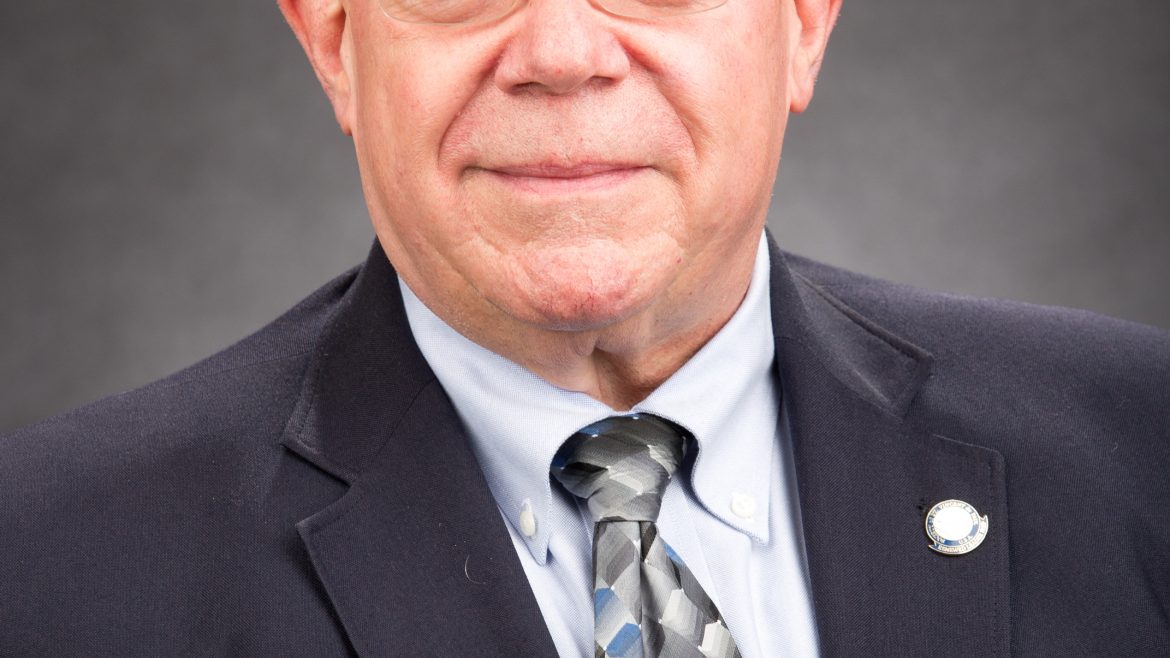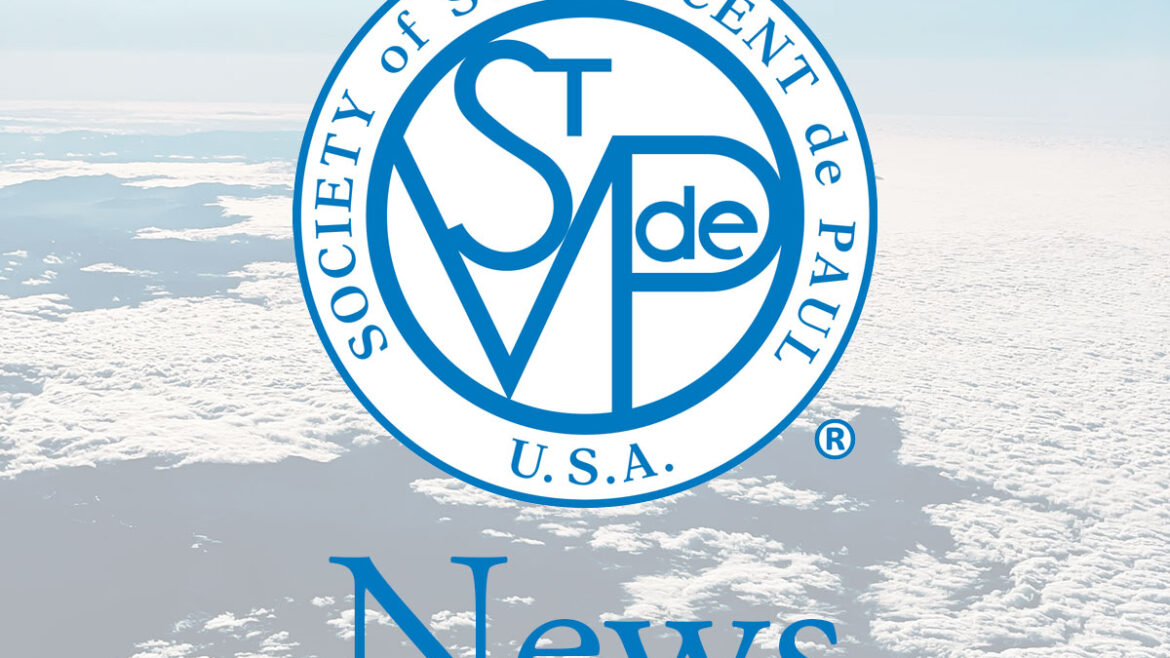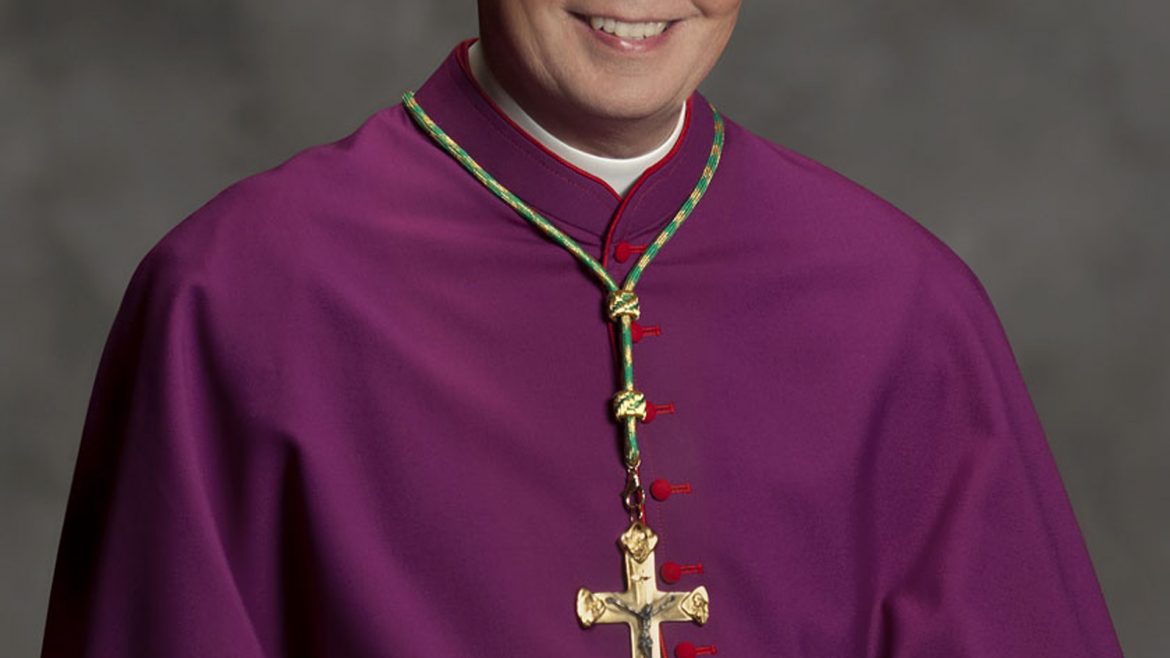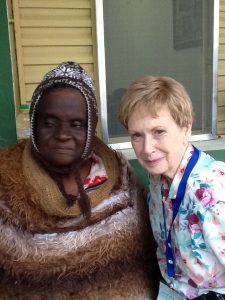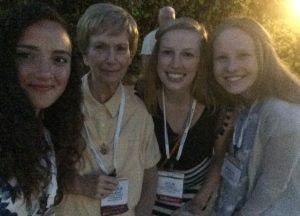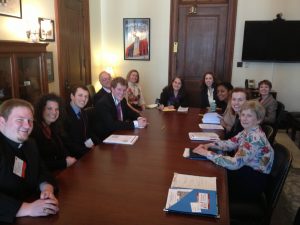This week’s letter was written by Raymond Sickinger, National Board Member
Recently I heard one of the members of my Conference comment that the pandemic had proven that we needed to look to the future to serve those in need better by offering better services. Although I absolutely agree that we must look to the future and discover better ways to help others, I was also a bit concerned by this remark. I was concerned because the focus seemed to be placed only on service and appeared to ignore the primary reason for the Society’s existence—growing in holiness by serving others as Christ would serve. Too often, with the best of intentions, we can confuse the means with the end.
In 1836, Frédéric Ozanam wrote to his friend, Louis Janmot, the following remarks: “Both men and the poor we see with the eyes of the flesh; they are there and we can put finger and hand in their wounds and the scars of the crown of thorns are visible on their foreheads; and, at this point, incredulity no longer has place and we should fall at their feet and say with the Apostle, ‘Tu est Dominus et Deus meus.’ You are our masters, and we will be your servants. You are for us the sacred images of that God whom we do not see, and not knowing how to love Him otherwise shall we not love Him in your persons?” (Letter of Frédéric Ozanam to Louis Janmot, Lyon, November 13, 1836). Frédéric knew how spiritually vital it was to meet those in need face to face.
From its inception, the Society has emphasized “person to person” service, whether that be at a food pantry, at a thrift store, or on a Home Visit. Of course, the home visit is a hallmark of our Society, and is an intimate part of our heritage. It is, so to speak, the ultimate person to person experience. In fact, many in the Society with whom I have spoken have missed visiting those in need in their homes during the pandemic. As one Vincentian told me, “I feel this great void.”
Person-to-person service of whatever kind must always help our members to deepen their faith and their friendships. As Frédéric Ozanam told his dear friend, Léonce Curnier, in 1834, “[T]he strongest tie, the principle of true friendship, is charity, and charity could not exist in the hearts of many without sweetening itself from outside. It is a fire that dies without being fed, and good works are the food of charity. So it is in our own interest first of all that our association has been established, and if we assemble under the roof of the poor, it is at least equally for them as for ourselves, so as to become progressively better friends.”
It was during visits to those in need in the streets of Paris that Ozanam and his friends became connected by bonds of charity to one another and to those in need. It was after such visits that they reflected on what they had seen and what special works might provide relief. They drew closer to Christ by seeing his face in those they served. They became better persons by imitating Christ, the Servant Leader. As the Catholic Catechism tells us: “Charity is the theological virtue by which we love God above all things for his own sake, and our neighbor as ourselves for the love of God [1822].”
As we look to the Society’s future and the active role it will play, I simply caution us never to lose sight of the primary purpose of the Society, whose essential elements of spirituality, friendship, and service are intimately, and necessarily, connected. Otherwise, we chance losing the very soul of who we are and becoming simply another not for profit helping those in need.
Yours in Christ,
Raymond Sickinger
National Board Member

